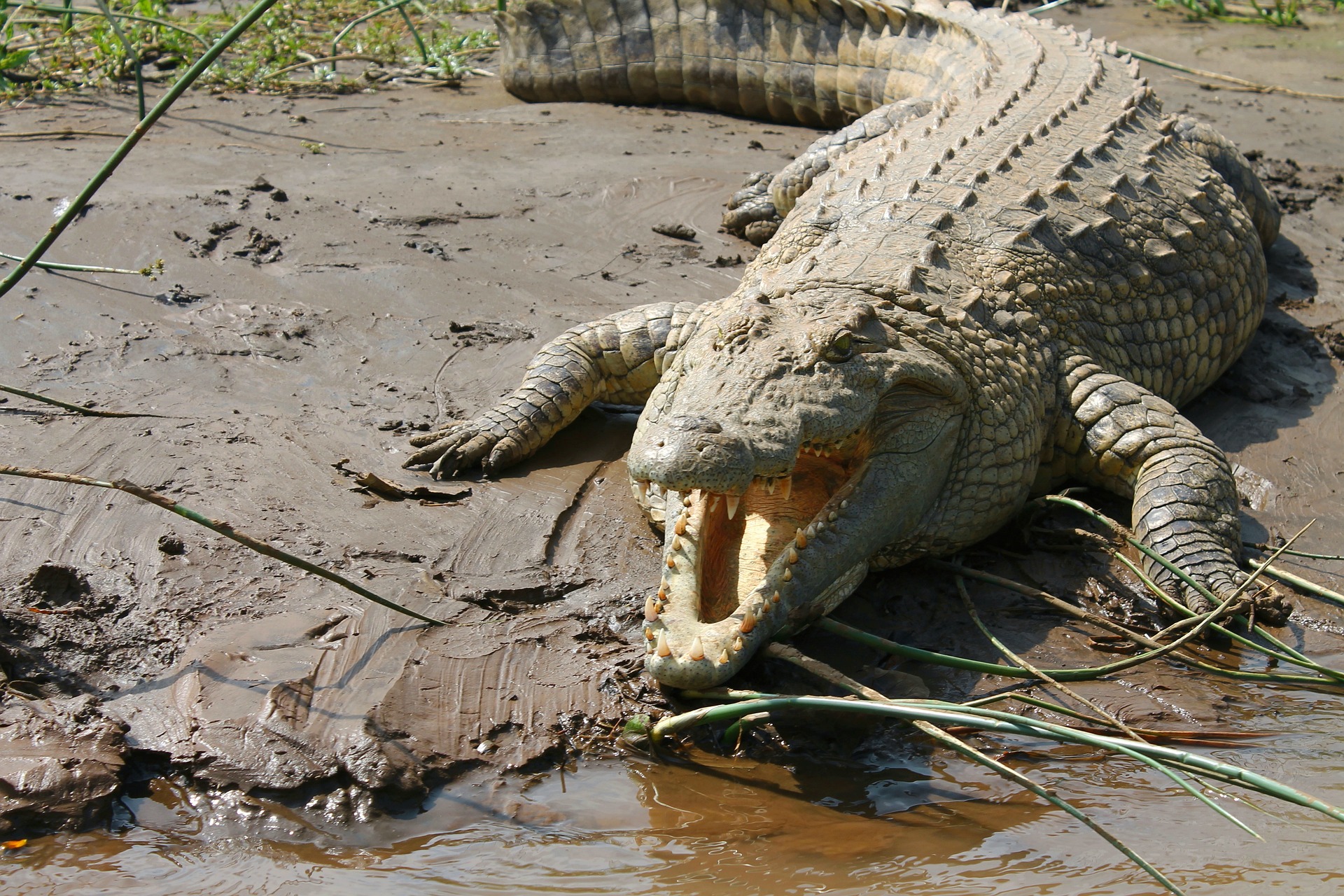On October 10, during his most recent press conference, our president, Rodrigo Chaves, revealed a predictable gastronomic secret: he has eaten lizard and crocodile meat. Obviously, he clarified, that he did not do it in Costa Rica because it is forbidden. He comments that he has done it in other countries, without revealing to us in which one, so we will not be able to speculate or fantasize about how he ate it: if it was stewed, parboiled, fried, grilled or dipped in egg; if it was a starter or as a main course.
In any case, it must have been an endearing experience because he declared that, together with his environment minister, Franz Tattenbach, he is analyzing the possibility of authorizing the controlled hunting of these reptiles. Not only because of the meat, of course. Also because of leather and because it is important that we have “the right balance between conservation and environmental management.”
He also took advantage of the press conference to question the validity of the technical studies that have evaluated a possible overpopulation of crocodiles in the country carried out to date. With the arrogance that characterizes him, he did not refer to a 2023 study requested by the Ministry of Environment and Energy itself, and carried out by specialists from the National University (UNA) and the Association of Crocodilian Specialists-CA, which is very clear about it. Let’s go over it.
Is there an overpopulation of crocodiles in Costa Rica?
The aforementioned study indicates that there is no overpopulation of crocodiles or high numbers of individuals in the areas analyzed, especially adults, which are the ones that could potentially attack humans. It also indicates that one of the two species existing in Costa Rica, the Crocodylus acutus or American crocodile, is an “endangered species”, according to the Convention on International Trade in Endangered Species of Wild Fauna and Flora (CITES).
This is the species that so many of us have observed from the bridge of the Rio Grande de Tárcoles, absolutely amazed and teleported to a Jurassic world. Thousands of tourists, national and foreign, stop at this site, which offers the possibility of being so close, but still keeps us far enough from these reptiles. However, we have not always had this opportunity. According to some experts, in the 1960s, crocodile populations had been decimated due to indiscriminate hunting and it was only thanks to the CITES declaration that populations have recovered.
Why don’t we Costa Ricans, who boast of being so green, recognize the recovery of an endangered species as a “country achievement” or as a flower in the buttonhole? In some Latin American countries such as Mexico and the Dominican Republic, the increase in the number of American crocodiles is perceived as a key issue for ecological balance. Why do we insist that it is necessary to reverse the curve?
Crocodiles and Us
Since the nineties, our activities have invaded the areas inhabited by crocodiles: beaches, estuaries and rivers. We have grown closer and closer to them and they have multiplied. Some people have taken advantage of the sensory spectacle that for some is horrifying and come in their rafts or boats to feed them, in exchange for a little more tip. This makes the crocodile lose its natural fear of humans and associate our presence with an opportunity to feed. That is: we have created the problem, not the animal.
As can be seen, scientific evidence indicates that no type of crocodile hunting is justified, neither by their status as an endangered species, nor by the numbers of individuals counted. On average, every two years there is a fatal incident associated with these animals and in most cases it has occurred during times of the year when females protect their offspring.
Is it necessary to better manage the situation? Yes, of course. People should take steps to avoid any lethal incidents in their relationship with these reptiles. This is achieved with better and more effective communication and following the best practices recommended by experts. It is not a matter of taking out the weapons to go hunting with the idea of getting a new bag or savoring some exotic dish. It is unacceptable to ignore this matter and assuming that the responsibility is in the hands of others, to come and cry later, with crocodile tears, when the environmental damage has occurred.

